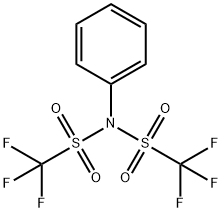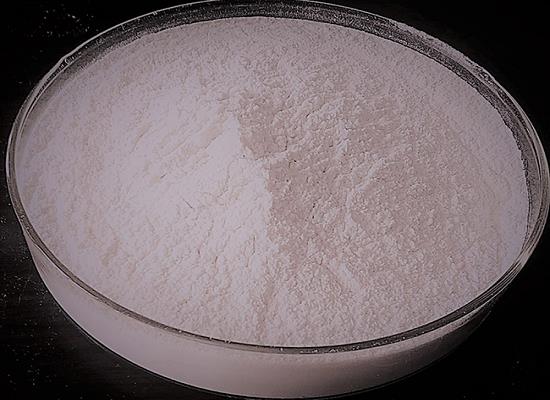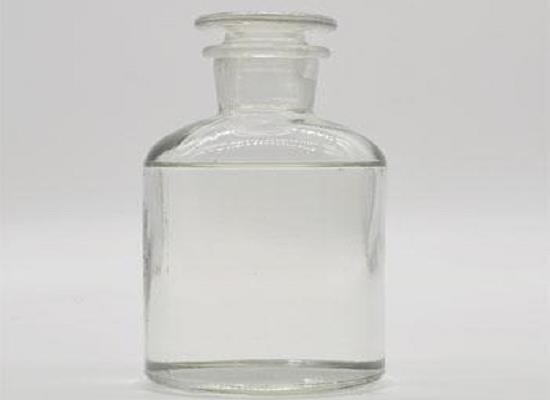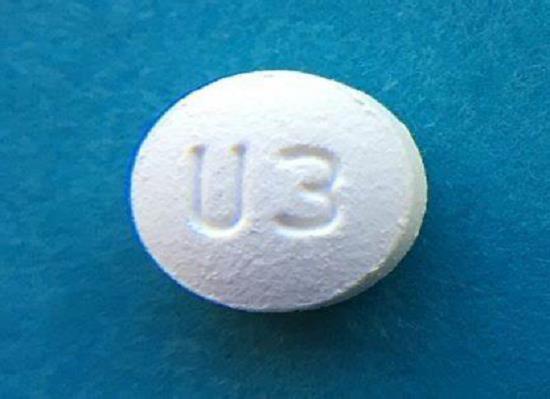N-Phenyl-bis(trifluoromethanesulfonimide): properties, applications and safety
General Description
N-Phenyl-bis(trifluoromethanesulfonimide) is a stable, non-reactive, and electrically non-conductive solid used in various applications. It has a high melting point and good solubility in organic solvents. It finds use in organic synthesis for introducing triflate groups onto phenols and amines. In battery production, it is applied in dual-ion batteries, enhancing the electrochemical performance of graphite electrodes. Handling precautions should be taken, including wearing protective equipment and storing it properly. It is important to avoid incompatible substances and follow proper disposal methods.
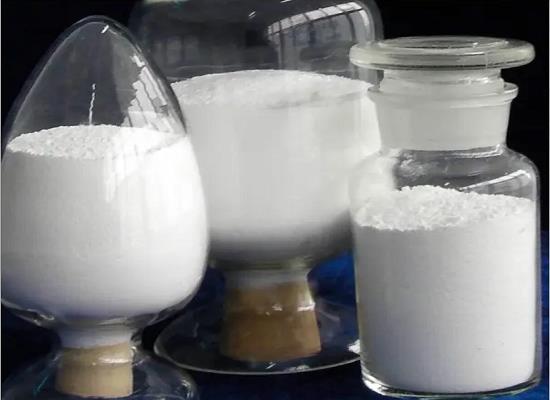
Figure 1. N-Phenyl-bis(trifluoromethanesulfonimide)
Properties
N-Phenyl-bis(trifluoromethanesulfonimide) is a white to pale yellow crystalline solid with a high melting point above 150°C, indicating its thermal stability. It is sparingly soluble in water but exhibits good solubility in common organic solvents such as ethanol and acetone. With a molecular weight of approximately 430.34 g/mol, N-Phenyl-bis(trifluoromethanesulfonimide) is a non-nucleophilic salt composed of phenyl groups attached to bis(trifluoromethanesulfonyl)imide anions. Chemically, N-Phenyl-bis(trifluoromethanesulfonimide) demonstrates excellent thermal and chemical stability, displaying minimal reactivity under normal or mild conditions. It is also electrically non-conductive. These properties make N-Phenyl-bis(trifluoromethanesulfonimide) suitable for various applications where stability and non-reactivity are desired, such as in lithium-ion batteries, catalysis, and other fields. When handling N-Phenyl-bis(trifluoromethanesulfonimide), proper safety precautions should be taken, adhering to the recommended guidelines for safe chemical handling. 1
Applications
Organic synthesis
N-Phenyl-bis(trifluoromethanesulfonimide) finds broad applications in chemical synthesis. It is especially valuable for introducing trifluoromethylsulfonyl (triflate) groups onto phenols and amines, with a preference for aliphatic secondary amines and aromatic secondary amines. This reagent allows for the selective formation of triflates from phenols and amines, providing a versatile transformation tool in organic synthesis. Triflates are useful functional groups due to their enhanced reactivity and stability. They serve as activated intermediates in various reactions, including transition metal-catalyzed cross-coupling reactions like Stille and Suzuki couplings. One significant advantage of N-Phenyl-bis(trifluoromethanesulfonimide) over trifluoromethanesulfonic anhydride (Tf2O) is its improved ability to generate enol triflates from carbonyl compounds. Enol triflates, derived from ketones or aldehydes, are valuable synthetic intermediates that can undergo diverse transformations, such as palladium-catalyzed cross-coupling reactions and enolate substitutions. The use of aryl and enol triflates synthesized with N-Phenyl-bis(trifluoromethanesulfonimide) has become increasingly prevalent in the construction of complex and multifunctional molecules. These triflates offer efficient strategies for the introduction of specific functional groups and enable the synthesis of diverse pharmaceuticals, agrochemicals, and materials with desired properties. 2
Battery production
In the context of battery production, N-Phenyl-bis(trifluoromethanesulfonimide) (PFTMA) finds applications in dual-ion batteries (DIBs) utilizing organic electrolyte solutions. The performance of the graphite electrode in these batteries is influenced by the combination of electrolyte salt and solvent, as the solvent plays a role in the anion intercalation process. Overall, the application of N-Phenyl-bis(trifluoromethanesulfonimide) in the production of DIBs with specific electrolyte solutions demonstrates its role in facilitating the electrochemical performance of the graphite electrode through the formation of characteristic intercalation compounds. 3
Toxicology
N-Phenyl-bis(trifluoromethanesulfonimide) requires careful handling to ensure safety. The key safety practices include wearing proper personal protective equipment like gloves and goggles, conducting the work in a well-ventilated area or under a fume hood, and storing N-Phenyl-bis(trifluoromethanesulfonimide) in a cool, dry place away from incompatible substances. It is important to avoid mixing N-Phenyl-bis(trifluoromethanesulfonimide) with certain chemicals, as it may lead to hazardous reactions. While N-Phenyl-bis(trifluoromethanesulfonimide) itself is non-flammable, appropriate extinguishing media should be used for surrounding flammable materials. In case of exposure, contaminated clothing must be removed and the affected areas should be flushed with water while seeking medical attention if necessary. Ultimately, proper disposal methods in accordance with local regulations should be followed. Referring to the Safety Data Sheet (SDS) provided by the manufacturer or supplier will provide comprehensive safety information. Prioritizing caution and adhering to safety guidelines will create a secure working environment when working with N-Phenyl-bis(trifluoromethanesulfonimide). 4
Reference
1.Bats JW, Weyrauch JP, Hashmi A. N,N-Bis(trifluoromethylsulfonyl)aniline. Acta Crystallographica, 2002, 58:6.
2. Sezen B, Sames D. Selective and catalytic arylation of N-phenylpyrrolidine: (sp3) C-H bond functionalization in the absence of a directing group. J Am Chem Soc, 2006, 128(9):3102.
3. Zhang L, Wang Y, Wu Z, Wang H. Combining Experiments and Theoretical Calculations to Investigate the Intercalation Behavior of Bis(trifluoromethanesulfonimide) Anion into Graphite Electrodes from Alkyl Phosphates. ACS Appl Mater Interfaces, 2021, 13(29):34197-34201.
4. PubChem. COMPOUND SUMMARY: N,N-Bis(trifluoromethylsulfonyl)aniline. 2005, PubChem CID: 142176.
);Related articles And Qustion
See also
Lastest Price from N-Phenyl-bis(trifluoromethanesulfonimide) manufacturers

US $0.00-0.00/KG2024-02-01
- CAS:
- 37595-74-7
- Min. Order:
- 10mg
- Purity:
- 99%HPLC
- Supply Ability:
- 2000tons
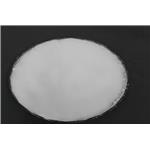
US $65.00-650.00/kg2024-01-02
- CAS:
- 37595-74-7
- Min. Order:
- 10kg
- Purity:
- 0.99
- Supply Ability:
- 20tons
